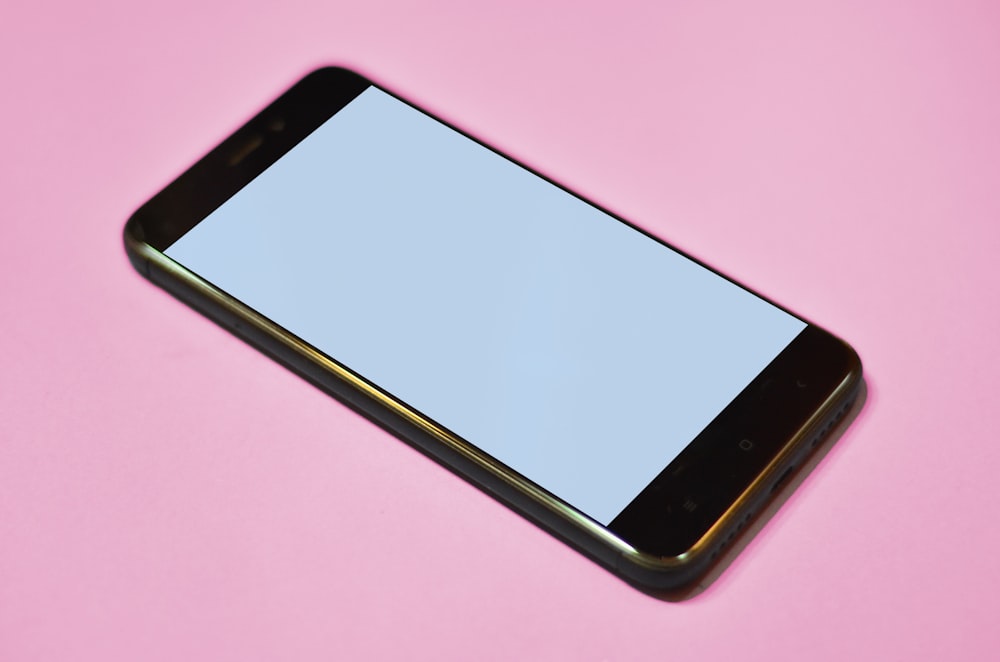This is one of the most popularly debated topics of all time. If you download tracking apps on your mobile phones, third parties might easily monitor or track your device. A smartphone comprises the users’ personal information, browsing history, and activity log. In fact, cell phones can also be used to monitor or track the user’s real-time location.
At this time, people are more concerned about data security. This tends to create a challenging situation for app developers: they must ensure the security and safety of the data they have to gather. Moreover, phone tracking data is used to track intended fraud at workplaces, criminal activities, or cheating in relationships. But, regardless of the potential benefits, users are still concerned about the legality and security risks posed by such tracking apps in phones.
Furthermore, advocates of phone tracking apps cite how they allow guardians to keep an eye on their kid’s smartphone activity and how companies use tracking to protect confidential company information. However, this is the argument against tracking, where it’s used for unwarranted use.
Mobile phone tracking app
Mobile phones and various other wireless gadgets have become indispensable communication tools for involvement in the modern age. However, they are the most potent and effective tracking devices and tools that may be utilized to invade people’s privacy. Knowing where a user’s cell phone might expose personal insight such as attending a meeting, political activities they are participating in, and who they spend their time with.
Law enforcement professionals can often get such sensitive information and utilize it against you without a court warrant. Our contact lists, call records, and even the contents like messages and phone conversations are in the federal government’s record. This is because of the use of special surveillance procedures.
Is it safe to use tracking apps?
It is essential to know that cell phones have become famous, and they are now utilized for more than just phone conversations. They are being used to send text messages, access the Internet, and film the world.
Unfortunately, cell phones were not built with privacy and security by default. They fail to encrypt your communications and expose you to new surveillance risks like location tracking and so many more.
Although several cell phones offer the user far less flexibility than personal computers, it’s more complex to detect virus assaults, change the operating system, restrict parties like the service provider, and replace or uninstall unwanted incorporated programs.
Tracking apps do not need to be downloaded. In reality, smartphones have some built-in software and applications that can quickly track the users’ information and insight.
- Mobiles can quickly be traced if they are under signals from a nearby tower.
- The IMSI number can be utilized to trace the SIM card and its whereabouts.
- Bluetooth and Wi-Fi can quickly reveal your data and location if you track the phone.
- Applications such as Snapchat and Maps, along with Google location history, may expose your real-time location.
- Online advertisers can track your usage and behavior to recommend your purchases.
As a result, there’s no 100% privacy surety. In such a case, all a user needs to do is use tracking applications wisely.
The legality of phone tracking apps
Such a matter is quite concerning since most tracking applications enable illegal acts under federal law, like recording conversations without user permission. Some apps permit people to secretly read another person’s texts or emails, which is against federal law. So, what do you think about this?
Moreover, policymakers have penalized tracking software developers and designers, but some courts consider specific tracking apps non-invasive. Here, many people say that GPS data is not any form of ‘content’ and, therefore, monitoring it doesn’t violate any type or form of law.
Conclusion
Tracking apps may be advantageous in many ways, including enabling consenting partners to track each other’s whereabouts. Meanwhile, mobile device location information can reveal a lot about your life, like where you reside, if you have visited a therapist, a restaurant, a lawyer, gone to school, or have seen a previous boyfriend’s residence.
Moreover, specific tracking apps allow for the secret acquisition of a user’s cell phone location insight and covert tracking and monitoring of conversations like texts, phone calls, and emails in certain situations. This surveillance can also lead to user threats, including safety and privacy, facilitating stalking. Consequently, it is preferable to utilize this technology cautiously and with consent.






